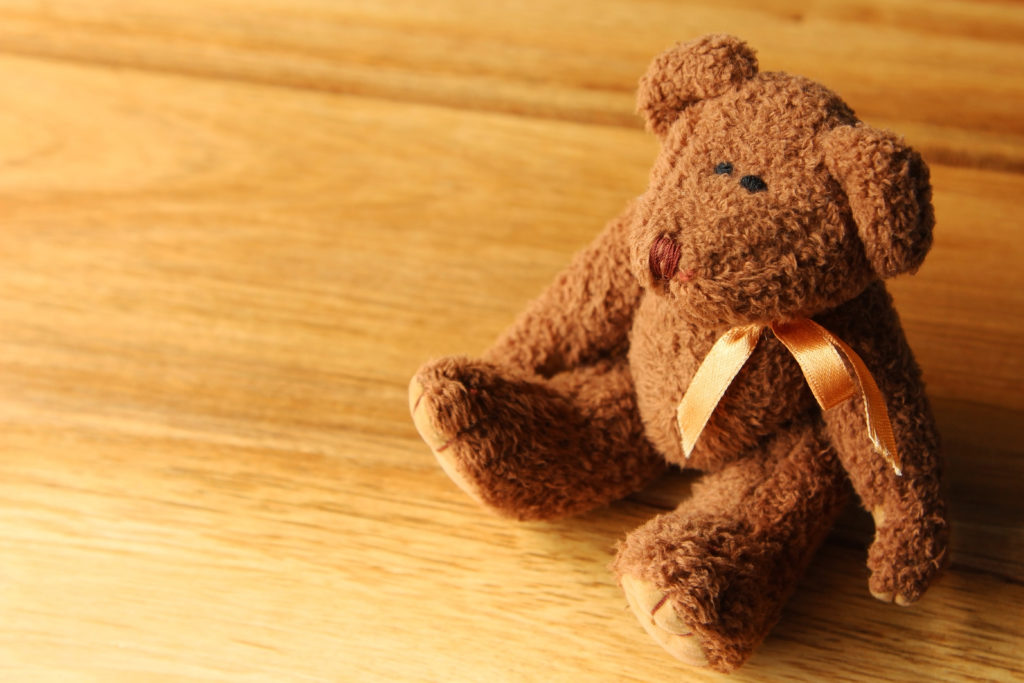
It can be a criminal offence for a parent or person with parental responsibility, to leave children alone in their home. Recent articles in the press have highlighted the concern and confusion felt by many parents about this issue.
The press became interested when a local MP tried to help one of his constituents who had ended up with a police caution. The woman concerned accepted the caution after leaving her six year old son alone at home for 45 minutes whilst she squeezed in a driving lesson the day before her test. While this woman was out of the house a nurse came to the door and the child answered it, leading to police intervention.
The mother of the child, who seems in all other respects, a good parent, found herself in difficulties some eight or nine years later, when she discovered that the police caution prevented her from pursuing her chosen career as a mental health nurse. The case has lead to alarm about the fact that there are apparently no hard and fast rules.
The NSPCC have an excellent website full of clear guidance and common sense. They say that children shouldn’t be left alone if they will be at risk. The law is actually contained in section 1 of the Children and Young Person’s Act 1933. This section has been amended over the years, but provide that it is an offence to “assault, ill treat, neglect or abandon a child under the age of 16 years in a manner likely to cause unnecessary suffering or injury to health”. It is helpful to think about the wording of the statute, rather than whether children will be “at risk” because every activity involves some level of risk.
It is important to note that the relevant part of the section makes it an offence to “neglect or abandon”. Those words are included with concepts of assault and ill treatment. Also the law is only intended to relate to young children under the age of 16 years. Nevertheless there will be situations when it is safe to leave children under this age alone, and situations when it is not. There is no tidy formula for deciding this. Clearly it is never a good idea to leave babies, toddlers or young children on their own. The difficulty comes in deciding whether children who do not fall into that category can be left to fend for themselves in a way which makes it obvious that they have not been neglected or abandoned.
Again, the NSPCC website is helpful with those decisions. Parents are invited to think about whether children always do what they are told, and whether they are capable of preparing simple meals or using cookers. Can children cope in an emergency with things like power cuts or burst pipes, and what could happen if they answered the door to unexpected visitors?
These decisions can be helped if the child has an easy way of contacting the parent, and if there is a safety net in place, such as a trusted friend or neighbour who the child can turn to.
The NSPCC also suggest that parents ask children to think about how they feel about being left alone. Some children relish the responsibility, others are scared by it. Clear ground rules can help, such as agreeing with a child what they will be doing when the parent is not there, a time when the parent will return and whether the parent can check on them regularly. It goes without saying that dangerous objects should be removed before the child is left alone.
At the end of the day the decision comes down to the maturity and adaptability of the child. There is no cut off date, below the age of 16 from which the children can be left alone. The law presumes that parents know their children best and will make the right decisions for them.
Currently the law does not recognise a “one size fits all” age demanded by some commentators. Such an arbitrary cut off point could cause problems of its own. Currently if parents want to be completely sure then they should never leave a child under the age of 16 years alone. Plainly that would be a ridiculous state of affairs in respect of a mature capable 15 year old. Similarly there are some 11 year olds who are far more sensible and reliable than some 13 year olds.
Also context is all. Leaving an 11 year old alone for a short period is one thing, but leaving that child to fend for itself every evening, or all night is another. There is plenty of evidence that such long term abandonment does cause psychological damage, quite apart from any physical risk.
Some parents claim that the law is so uncertain that they will only know if they are committing a criminal offence by leaving their children alone, after the event. We would suggest that this is the wrong way to look at things. Parents who instead always put the welfare of their children as their main focus, including encouraging responsibility and personal development appropriately, will not take unnecessary risks and will therefore be unlikely to fall foul of the law.
